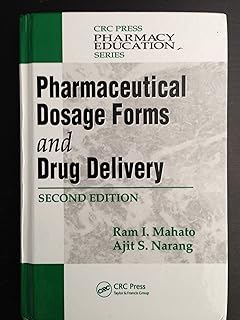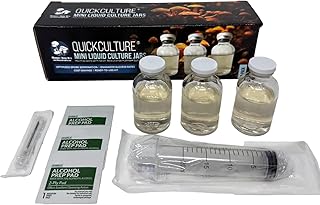Summary of "NIIMBL - What is biomanufacturing?"
Summary of “NIIMBL - What is biomanufacturing?”
The video explains the concept of biomanufacturing, focusing on the production of biopharmaceuticals—complex medicines derived from biological sources that treat diseases such as cancer, diabetes, autoimmune disorders, and viral infections. It highlights the challenges and processes involved in reliably producing these medicines at scale with the necessary quality and safety.
Main Ideas and Concepts
Biopharmaceuticals vs. Small Molecule Drugs
- Small molecule drugs are chemically synthesized, allowing precise control and replication, which enables the production of generic versions.
- Biopharmaceuticals are much larger and more complex, produced through biological processes. They require extensive monitoring and control to ensure product efficacy and safety.
Phases of Biopharmaceutical Manufacturing
-
Cell Culture (Upstream Processing) - Begins with a single cell engineered to produce a specific protein. - Cells are expanded to large quantities to produce enough protein. - Innovative technologies monitor cell health, raw material variability, and protein characteristics.
-
Protein Extraction and Purification (Downstream Processing) - The protein of interest is extracted and purified to create the drug substance. - Companies are developing advanced separation technologies. - The industry is shifting from traditional batch processing to continuous manufacturing methods.
-
Final Drug Product Manufacturing - The purified drug substance is formulated into the final drug product. - This phase includes designing delivery devices and specifying materials to ensure product stability, safety, and shelf life. - Innovation focuses on stabilizing and characterizing the drug product and developing new methods for emerging therapies like cell therapies.
Importance of Biomanufacturing
Biomanufacturing is the critical link between drug discovery and patient availability. Manufacturing challenges are significant due to the complexity and the need for timely, efficient production. The National Institute for Innovation in Manufacturing Biopharmaceuticals (NIIMBL) is dedicated to addressing these challenges through innovation.
Detailed Methodology / Process Outline
Upstream Processing (Cell Culture)
- Start with a single engineered cell.
- Expand cells to large-scale cultures.
- Monitor:
- Cell health
- Variability in raw materials
- Protein characteristics
Downstream Processing (Protein Purification)
- Extract the protein of interest.
- Purify the protein to create the drug substance.
- Develop innovative separation technologies.
- Transition from batch to continuous manufacturing.
Final Drug Product Manufacturing
- Convert the drug substance into the final drug product.
- Design delivery devices.
- Specify materials for product stability and safety.
- Innovate stabilization and characterization techniques.
- Develop new manufacturing methods for novel therapies (e.g., cell therapies).
Speakers / Sources Featured
The video is a narrated informational presentation by NIIMBL (National Institute for Innovation in Manufacturing Biopharmaceuticals). No individual speakers are explicitly identified in the subtitles provided.
Category
Educational
Share this summary
Featured Products




